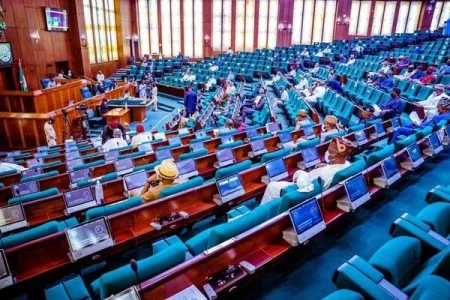
The Nigerian House of Representatives has approved tax reform bills while retaining the Value Added Tax (VAT) rate at 7.5%. Lawmakers believe the reforms will enhance revenue generation without burdening citizens. The decision aligns with Nigeria’s economic agenda, ensuring a stable tax structure while modernizing collection processes.
The Nigerian House of Representatives has approved the much-anticipated tax reform bills, following a detailed review of the recommendations put forth by the Committee on Finance. During Thursday’s plenary session, James Faleke, chairman of the committee, moved a motion for the clause-by-clause consideration of the report, leading to its subsequent adoption.
The tax reform measures aim to enhance revenue generation while maintaining the Value Added Tax (VAT) rate at 7.5%, a move that ensures stability for businesses and consumers. Lawmakers emphasized that the reforms are designed to modernize Nigeria’s tax system without imposing additional burdens on citizens. While some members expressed concerns over certain provisions, the bills were passed with broad consensus.
The passage of these bills marks a significant step in Nigeria’s fiscal policy, aligning with the government’s broader economic agenda. Analysts suggest that while the reforms could improve efficiency in tax collection, the long-term impact will depend on effective implementation. More details on the legislation’s provisions and its economic implications are expected in subsequent briefings.




